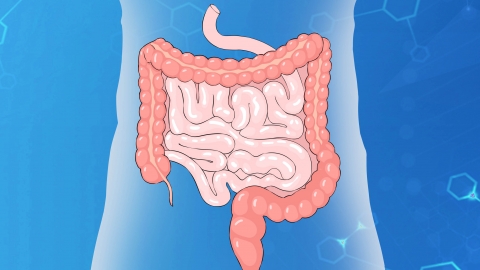What are the symptoms of colon cancer recurrence?
When colon cancer recurs, common symptoms may include changes in bowel habits, rectal bleeding or black stools, abdominal pain or discomfort, abdominal masses, and unexplained weight loss. A detailed analysis is as follows:

1. Changes in bowel habits: Recurrent cancer cells may irritate the intestinal mucosa, disrupting normal bowel patterns. This can lead to increased or decreased frequency of bowel movements, alternating diarrhea and constipation, and a persistent sensation of incomplete evacuation. These changes are closely related to impaired intestinal function caused by tumor involvement.
2. Rectal bleeding or black stools: If the recurrent tumor invades blood vessels in the intestinal wall, it can cause vessel rupture and bleeding. Blood appearing in the stool may be bright red or black (melena). Bleeding may occur intermittently or persistently and should be differentiated from bleeding caused by common inflammatory bowel conditions.
3. Abdominal pain or discomfort: Recurrent tumors may compress surrounding tissues, obstruct the intestine, or trigger intestinal spasms, leading to dull ache, bloating, or cramping pain. The location of pain often corresponds to the site of recurrence. In some patients, pain may worsen as the disease progresses and may be accompanied by bloating—particularly after eating.
4. Abdominal mass: As the recurrent tumor grows, some patients may feel a firm, poorly defined mass in the abdomen. The mass typically has limited mobility and may be tender upon palpation. Continued growth can further impair intestinal function and increase the risk of bowel obstruction.
5. Unexplained weight loss: After colon cancer recurrence, tumors consume significant nutrients, and intestinal absorption may be compromised. This often leads to unintentional weight loss within a short period. Patients may also experience systemic symptoms such as fatigue, loss of appetite, and anemia.
If any of the above symptoms suggestive of colon cancer recurrence appear—regardless of whether there is a prior history of colon cancer—prompt medical evaluation with colonoscopy, CT scans, or other relevant tests is essential to determine the underlying cause.






